#SPOTLIGHT ON KATE ROYAL
How did you come of age as an artist? How did you come to your current practice?
It feels safe to say I’ve been writing since about as long as I’ve been able to. When I was young, I had aspirations to be a visual artist or musician, but I come from a family of great storytellers and teachers, so writing and later directing became a huge passion once I entered high school. In college, I wrote my first play. The moment I saw my characters come alive in front of me on a stage, I knew that this was the only thing I could do with my life. I studied theatre and literature in undergrad, wrote and produced a few plays in the years following, and am now at Northwestern earning an MFA in Writing for the Screen + Stage. Since entering grad school, I have gravitated more toward film and television, which is what has brought me here. In my work I am most interested in capturing intimacy, and for me, the camera has become my favorite magic wand by which to do that.
What was the inspiration for your Open TV project?
Various versions of these characters and the world they live in have been attempted as a play, a musical, and ultimately a half-hour series for which these webisodes serve as a kind of prologue. But the idea really began percolating during my undergrad career. I came out as gay my senior year of college (you’ll see a version of that night in the pilot episode). As I began consuming media about my newfound identity, I felt there was a major disconnect between these narratives and the reality I was experiencing as a 21-year-old surrounded by other 21-year-olds trying to figure out who we were. As I watched what were considered “positive” portrayals of the community, I noticed a kind of sentimentalization of the queer experience that just didn’t quite add up with the messy reality I was living. As I grew as a writer and a member of this community, I decided I wasn’t interested in strictly positive representations, just honest ones. I certainly don’t claim that this show speaks to any definitive truth or experience, but it is reflective of my desire to show the frank, awkward, even downright unkind moments I have had and/or witnessed alongside my LGBT+ friends. The language of representation terms some of these portrayals as problematic, but it does not mean they are untrue. My goal with this piece is twofold: first, to humorously, self-consciously, and lovingly point out that this community is not perfect. Second, and perhaps most importantly, to portray friendship that exists beyond kindness. Friendship old enough and strong enough that frankness and honesty, sometimes brutal, is the way you show love, and how that dynamic does and does not shift when someone just needs you to be happy for them.
What’s next for you or your series?
The future of IRL is undetermined at this moment in time. I’ll be graduating in June, and some of our cast is scattering to the coasts. What I do know is that the team of myself, Mark Davis, and Sarah Antao are excited to pursue projects together as soon as possible. We’ve made one short film together in addition to this series, and hope to produce another next year. But our mission right now is to look around us and recognize whose stories need to be told right now and whose can take a back seat, and from there seeing where our voices can be most useful and effective.
